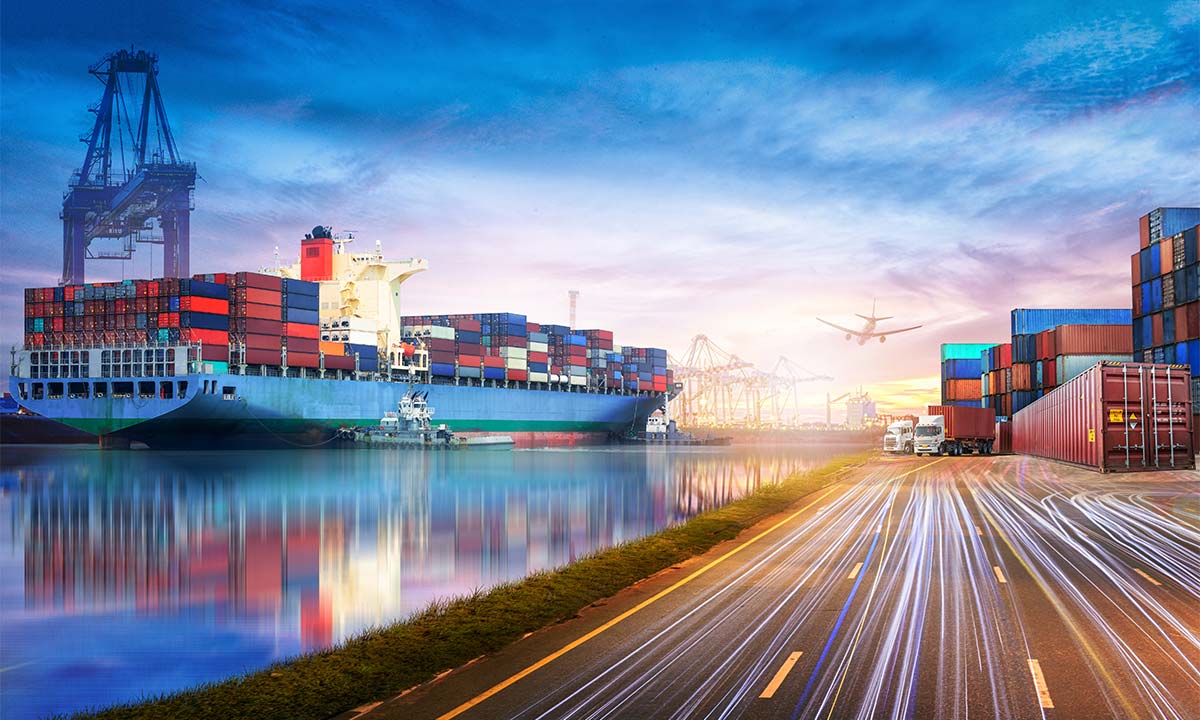TOPICS & NEWS
Articles and interviews on current trends, technology and industry challenges, information on our consulting services, seminars and events as well as company topics:
Here you can find out what drives EFESO.
Newsletter #7/2022 – Crisis-proof Global Footprint Management
Designing, managing and maintaining global production and logistics networks have never been easy. But today, in the face of unprecedented global crises, they have become a particularly challenging task. That's why we need a combination of data-driven analytics, scenario planning, and powerful tools and methods to meet this challenge.
In our new newsletter issue, we show approaches and best practices for crisis-proof and future-oriented Global Footprint Management:
- Global Footprint Design: Focus on Cost, Sustainability, Resilience and Remote Work
- Globale Netzwerkplanung und Manufacturing Footprint
- Strategic dimensions of network planning: Mastering complexity with confidence
- Case Study: "Operations Footprint - Redesigning the global production network".

"We will see a significant shortening of supply chains."
The factors relevant for Footprint decisions have not changed significantly. But their weighting is up for debate. In the light of dramatic upheavals in recent years, the resilience of supply chains, the reduction of one-sided dependencies and the improvement of the ecological footprint have become significantly more important. In the future, it will be important to balance these factors with the realization of cost savings. Remote work offers new opportunities to reduce costs, make know-how globally available and increase the attractiveness of new locations. Dr.-Ing. Thomas Troll, Partner at EFESO, talks about this in an interview.

Global network planning and manufacturing footprint
Global logistics networks, often created historically, are usually not optimally aligned with the overarching corporate strategy. This is all the more true in view of dynamically changing framework conditions. Global crises, political developments, competitors' strategies and location decisions, or changing customer expectations require networks that adapt flexibly and efficiently to change.

"Reconciling conflicting goals"
Location decisions are characterized by a long time horizon and high complexity. The interaction of several, sometimes competing, target dimensions, comprehensive risk considerations and transformation processes characterize the examination of global networks. What is needed, therefore, is a modular and iterative approach that combines quantitative and qualitative methods, ensures a high degree of transparency, visualizes essential interrelationships, and enables integrative, fact-based decisions. EFESO experts Ahmed Sahyoun and Benjamin Thron explain what this requires.

Case Study: Operations Footprint - Redesigning the global production network
New records in sales growth in just three years: This was the ambitious goal of a leading industrial pump manufacturer. The redesign of the complex manufacturing landscape was to create the prerequisites for the project. Together with EFESO, the company put the manufacturing footprint of its production network, consisting of eight international locations, to the test and defined the blueprint of an "ideal factory".



